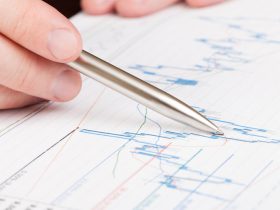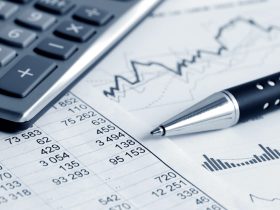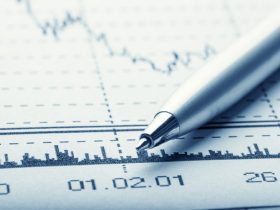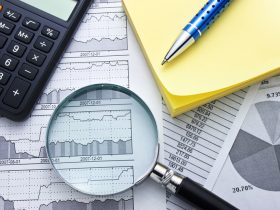In an effort to boost representation within global economic institutions, Sub-Saharan Africa is set to secure a third seat on the executive boards of the International Monetary Fund (IMF) and the World Bank. IMF’s chief, Kristalina Georgieva, made this announcement on Friday, ahead of the upcoming IMF and World Bank meetings scheduled from October 9-15 in Marrakesh, Morocco. These meetings mark the first time since 1973 that such high-level discussions are being held on African soil.
The decision to enhance representation comes amid growing calls for institutional reform at both the IMF and World Bank. Currently, the United States holds the largest share of votes at the IMF. The addition of a third seat aims to empower Africa within these institutions, providing them with a stronger voice in decisions that directly impact their economies.
Sub-Saharan Africa has been grappling with a slowed economic growth rate, which fell to three percent this year. This downturn has been attributed largely to Russia’s full-scale invasion of Ukraine and the ongoing effects of the COVID-19 pandemic. Compounded by surging food prices, these factors have intensified hardship for 144 million people across the region.
Despite these challenges, countries in Sub-Saharan Africa have been lauded for their prudent handling of inflation and efforts to reduce deficits through prioritized public spending. Georgieva urged against measures such as price caps or fuel subsidies, advocating instead for direct support to poorer populations.
The IMF chief also highlighted the fund’s provision of special assistance since the onset of the pandemic, including zero-interest loans. She called for more private sector involvement and emphasized that despite crises in several nations and a warning from the World Bank of a potential ‘lost decade’ of growth, she remains committed to humanitarian aid.
Georgieva concluded by expressing optimism about Sub-Saharan Africa’s future, forecasting improved prospects by 2024.
This article was generated with the support of AI and reviewed by an editor. For more information see our T&C.
Read the full article here













Leave a Reply